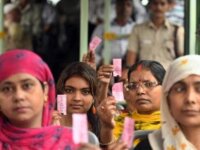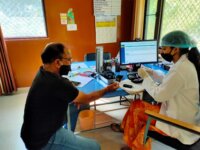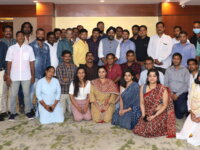Case Study
Delhi’s Model of EV Charging Infrastructure: Ensuring the cheapest EV charging rates in the world
Governments have relied largely on public sector units (PSUs) to set up EV charging stations, failing to leverage the private sector to invest in charging networks at scale. Delhi has implemented a PPP model which is unique in its structure, design process and the criteria used for bidding. Delhi’s approach of setting up 900 charging points at 100 locations in private-public partnership (PPP) mode with a tariff as low as ₹2 per unit (less than 3 US cents) could offer a model to emulate.




